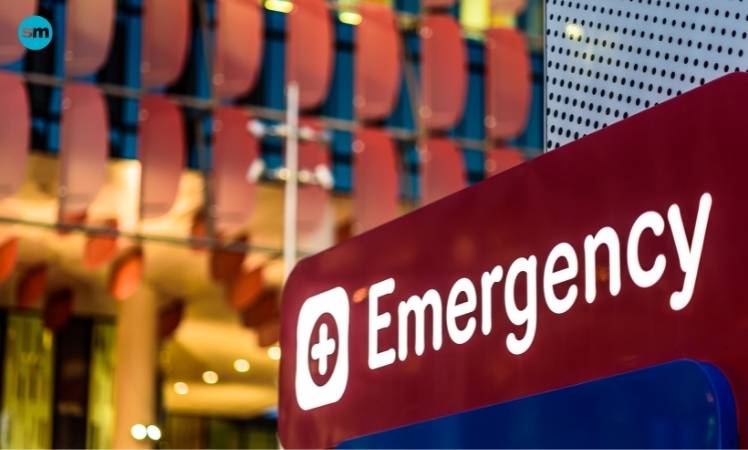What Do You Need to Know about Emergency Medicaid?

Last Updated on May 7, 2024 by Kathy
Emergency Medicaid covers necessary services and care to treat an urgent medical condition. This provision allows for temporary non-immigrants, international students, and tourists to be excluded from eligibility to receive health care.
Having navigated the complexities myself, I understand that this program provides a lifeline to undocumented non-citizens facing urgent medical needs. Eligibility rests on meeting specific criteria, including demonstrating income and identity, which are key factors in securing this crucial assistance.
It is crucial to have state residency to be eligible for Medicaid coverage for urgent medical needs. Temporary non-immigrants encompass individuals granted limited entry into the United States for specific periods. From my experience, it’s important to note that these individuals are not subject to state residency prerequisites when seeking urgent medical attention. These people are under “Where Found” in the District of Fiscal Responsibility.
Who is eligible for Emergency Medicaid?
As someone who has guided individuals through this process, it’s important to clarify eligibility. This special Medicaid service is available to two main groups:
Undocumented Citizens
These are individuals who lack legal status and entered the United States through unconventional means. They can also be temporary immigrants who have lost their stay permits. This means that undocumented citizens don’t have valid or expired immigration documents.
Temporary Non-Immigrant
Temporary nonimmigrants are people who can enter the US temporarily for a particular purpose. These non-immigrants are eligible to receive emergency Medicaid benefits given that they enter the US for medical treatment with a medical visa.
What is considered an urgent medical condition to qualify for Emergency Medicaid?
Acute symptoms are a sign of emergency medical conditions. These conditions include this extreme severity:
- Experiencing severe health problems
- Suffering from impaired bodily functions
- Dysfunction of an organ or a part of the body
However, “emergency medical assistance” does not include organ transplants. The patient must show that the condition has suddenly developed to be eligible for these services.
If patients do not show any symptoms during treatment, this situation is not an emergency, so Medicaid will not cover it.
Not all medically required healthcare services are in emergency medical situations. Debilitating conditions such as heart disease or other conditions that require rehabilitation are also not emergency medical conditions.
What Healthcare Services that Emergency Medicaid not cover?
Many types of healthcare services are available to chronically ill patients. However, emergency Medicaid benefits don’t cover these services. Some are:
- Alternate care at hospitals
- Services in nursing homes, home care including personal care services and private nurse expenses, as well as home health service fees
- Rehabilitation services such as speech, occupational, and physical therapy
Medicaid also doesn’t provide emergency services that cover transportation costs for patients under the conditions above.
How long do Emergency Medicaid benefits last?
Based on my hands-on experience with this system, I want to emphasize the duration of coverage. Those who qualify can receive medical treatment coverage ranging from a single day up to 15 months, all governed by the Emergency Medicaid statute. This covers the retroactive range for three months starting at the date of the application and prospective coverage for 12 months beginning at the date of the application.
This service’s authorization period may start on the first day of the third month following the month of application. This process continues until the end of the twelfth month.
Conclusion
Drawing from my personal journey and encounters, it’s clear that Emergency Medicaid stands as a swift and effective solution for temporary non-immigrants without legal status. Countless lives have been touched, and life-saving medical care has been extended through this compassionate program. This program has enabled thousands of people to receive life-saving medical treatment and care in the USA.
Moreover, if any single moms are pregnant without insurance wondering if they are eligible for Emergency Medicaid, please find more information in our article “Pregnant with No Insurance and Don’t Qualify for Medicaid – What Now?”






